When Neil Gorsuch was nominated to the Supreme Court, many observers thought (hoped) that the case of Peruta vs. San Diego would be the first Second Amendment case heard by the new court, pertaining to concealed carry permits. SCOTUS punted on their decision for months, then finally denied certiorari in late June (with Justices Thomas and Gorsuch strongly dissenting).
Another California-based 2A case, though, Silvester vs. Becerra, could end up having the distinction of being the first Trump and Gorsuch-era gun rights case heard before the Supreme Court. The Calguns Foundation and others recently filed a petition for certiorari after a long and tortuous trial and appellate process – in which Plaintiffs prevailed at trial (which is as unheard of in the 9th Circuit as a unicorn sighting).
The particulars of this case are more favorable for a Second Amendment win than Peruta, so that denial of cert could be a blessing in disguise.
Silvester challenges the application of California’s 10-day waiting period law to people who already lawfully possess a firearm and a valid certificate of eligibility to purchase a firearm, or have a valid concealed carry permit. Under the law all purchasers must undergo a background check at the time of purchase, but people who fall into the category described above must still wait a full 10 days before taking possession of their newly-purchased gun – even if their background check is completed before that.
That means that a person with a valid concealed carry permit could carry their gun into a gun store, purchase another one, pass an instant background check, yet be subjected to a 10-day “cooling off” period before being permitted to take their new purchase home.
As with many supposedly “common sense” gun control laws, this makes no sense.
California residents and legal gun owners Jeffrey Silvester and Brandon Combs, backed by The Calguns Foundation and the Second Amendment Foundation, filed suit in federal court in December 2011, arguing that “enforcing the full 10-day waiting period had no plausible justification and hence violates, inter alia, the Second Amendment.”
A three-day bench trial was held in 2014, at the conclusion of which Clinton-appointed Judge Anthony W. Ishii agreed and ruled that the waiting period violated Plaintiffs’ Second Amendment rights. Though Kamala Harris’ Department of Justice argued that since Combs and Silvester already had guns their Second Amendment rights were not being threatened by forcing them to endure another 10-day waiting period, Ishii noted:
The Second Amendment applies to “arms” and its language does not limit its full protections to a single firearm. Some firearms are better suited for particular lawful purposes than others. Defendant has cited no authority that suggests that the Second Amendment only has application to a single firearm.
In addition, as Second Amendment Foundation President Alan Gottlieb said, Judge Ishii ruled that this type of waiting period is similar to prior restraints on speech, which courts have said violate the First Amendment. Gottlieb commented:
“We would never tolerate such waiting periods for speech and we should not tolerate arbitrary and unnecessary waiting periods for the exercise of Second Amendment rights. A civil right is a right, and all rights are equal and deserve equal protection.”
Defendants appealed the ruling to the Ninth Circuit, where a panel “bizarrely ruled” in the absence of credible evidence that a 10-day waiting period “is a reasonable safety precaution for all purchasers of firearms and need not be suspended once a purchaser has been approved,” called that review intermediate scrutiny, and reversed the decision.
In a concurring opinion, Chief Judge Sidney Thomas went further. California has had some form of waiting period on the purchase of guns since 1923, but those waiting periods only applied to certain types of guns and, for the most part, were far less than 10 days. According to Judge Thomas, that’s a “longstanding qualification.”
I write separately, however, because the challenge to California’s ten-day waiting period can be resolved at step one of our Second Amendment jurisprudence. As a longstanding qualification on the commercial sale of arms under District of Columbia v. Heller, 554 U.S. 570 (2008), a ten-day waiting period is presumptively lawful. Therefore, it is unnecessary to proceed to the second step intermediate scrutiny examination of the law.
Because it’s presumptively lawful, in Judge Thomas’ opinion, nothing else needs to be considered. Silvester takes issue with that.
“I passed a rigorous state and federal background check and have a license to carry a handgun in public throughout the State of California. The DOJ knows that I am a law-abiding person, and I’m even in their Rap Back system. What possible reason does the State have in denying me my Second Amendment right to take possession of a firearm after I pass yet another background check?”
Kamala Harris and Xavier Becerra don’t really have an answer for that, and neither did the 9th Circuit panel. Hopefully the Supreme Court will agree that this is a case which deserves their attention.
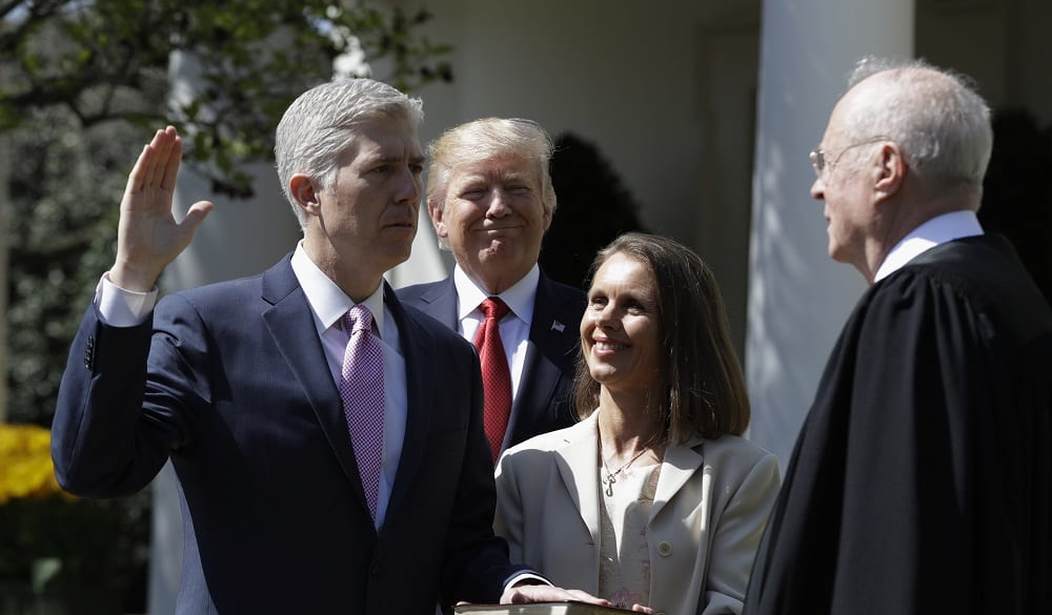

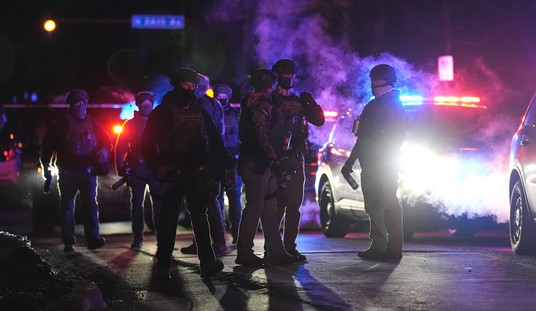


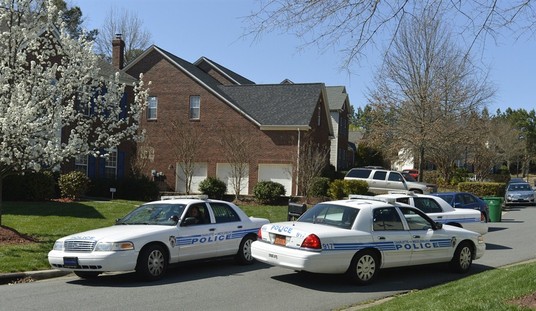

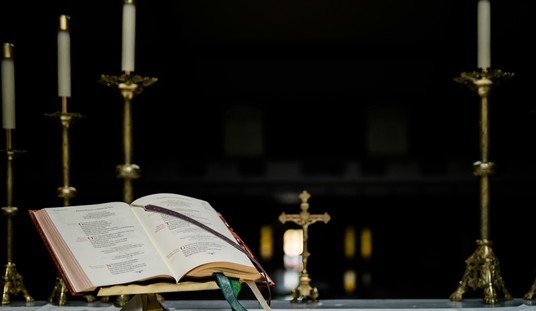



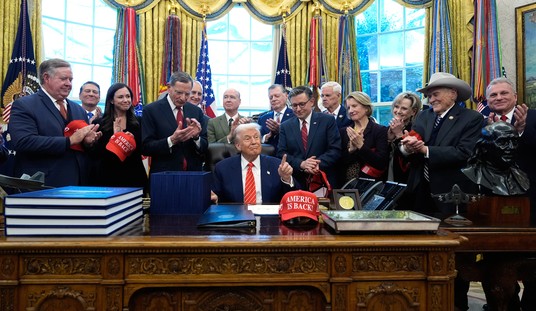


Join the conversation as a VIP Member